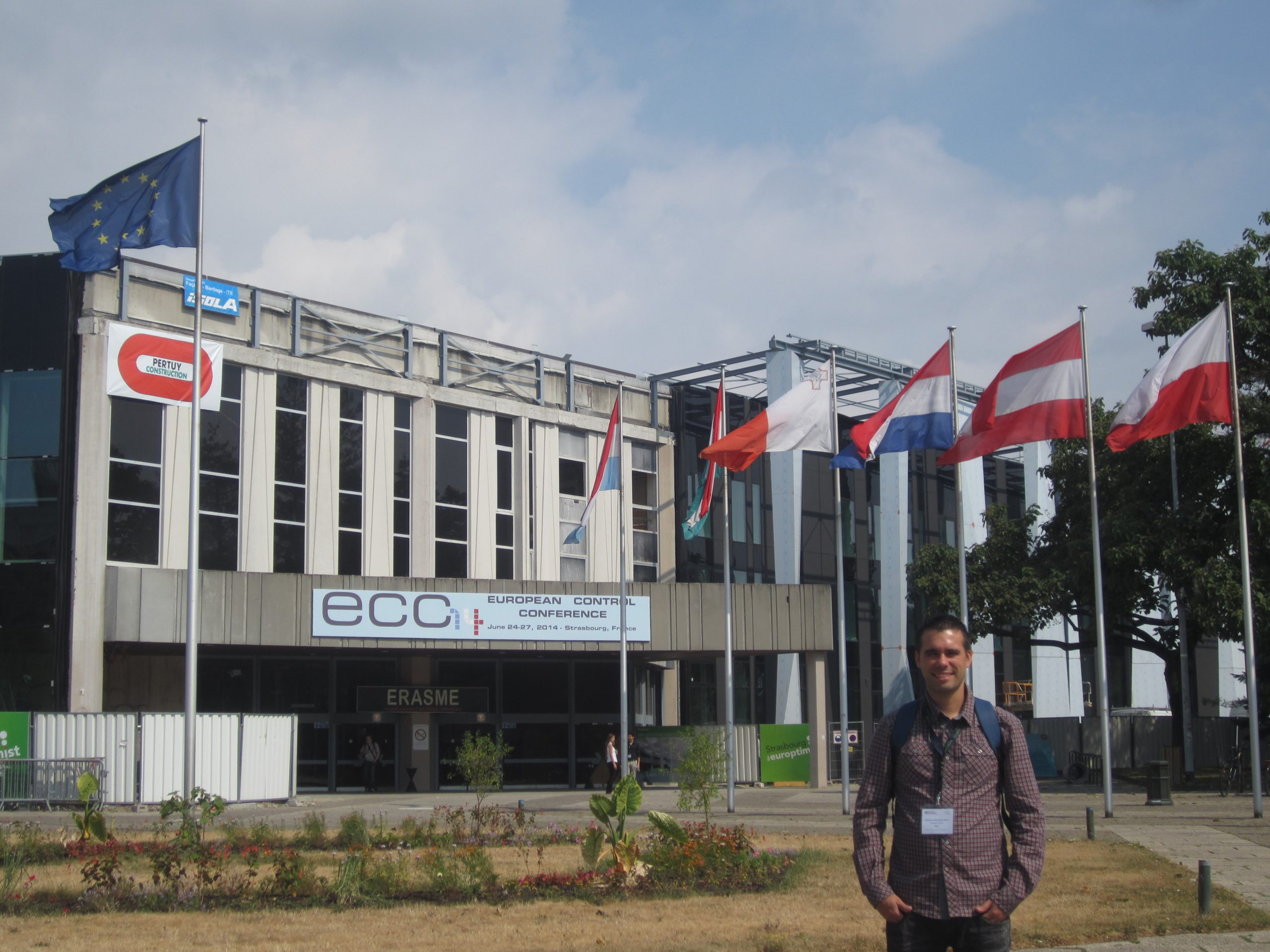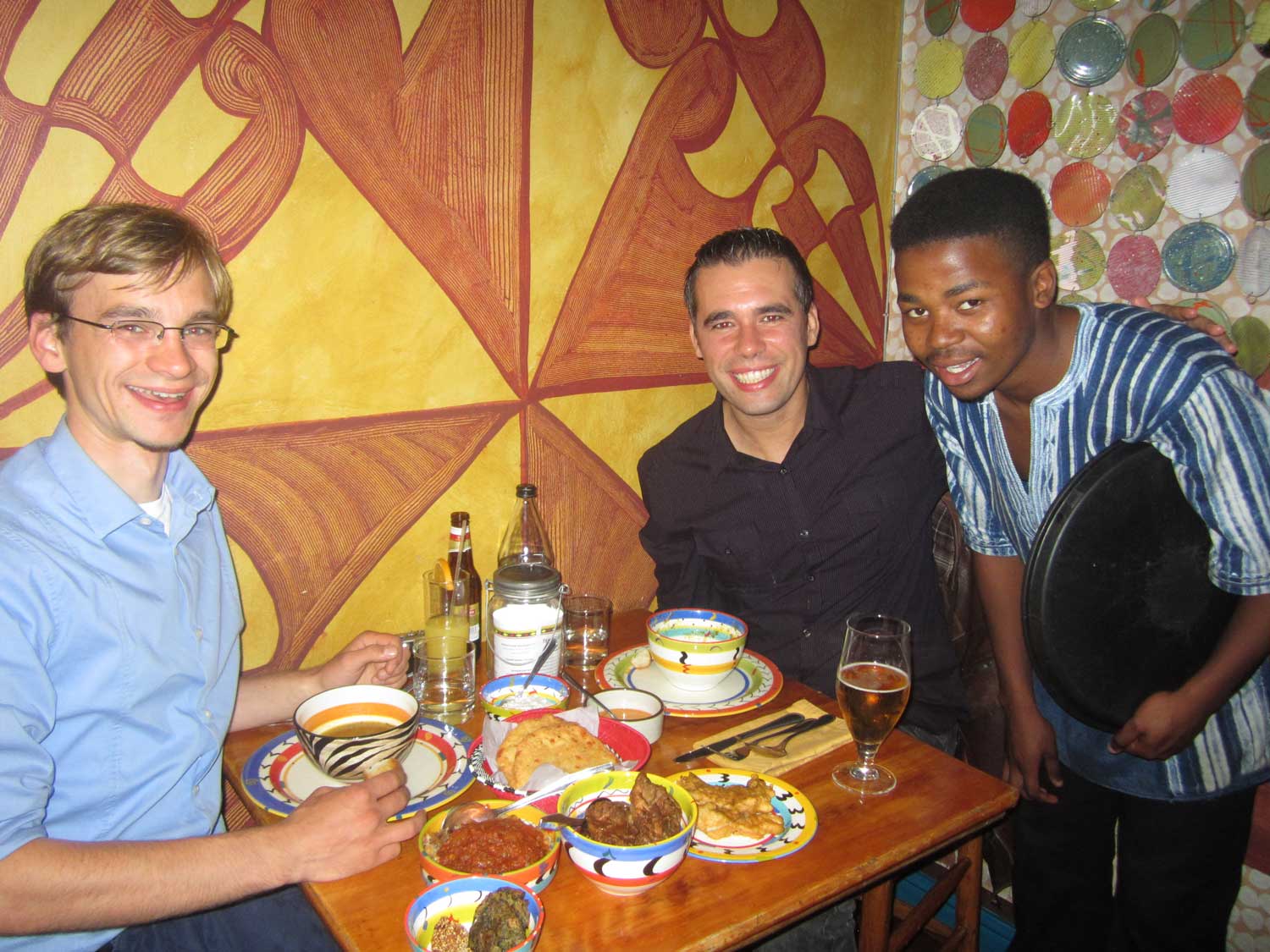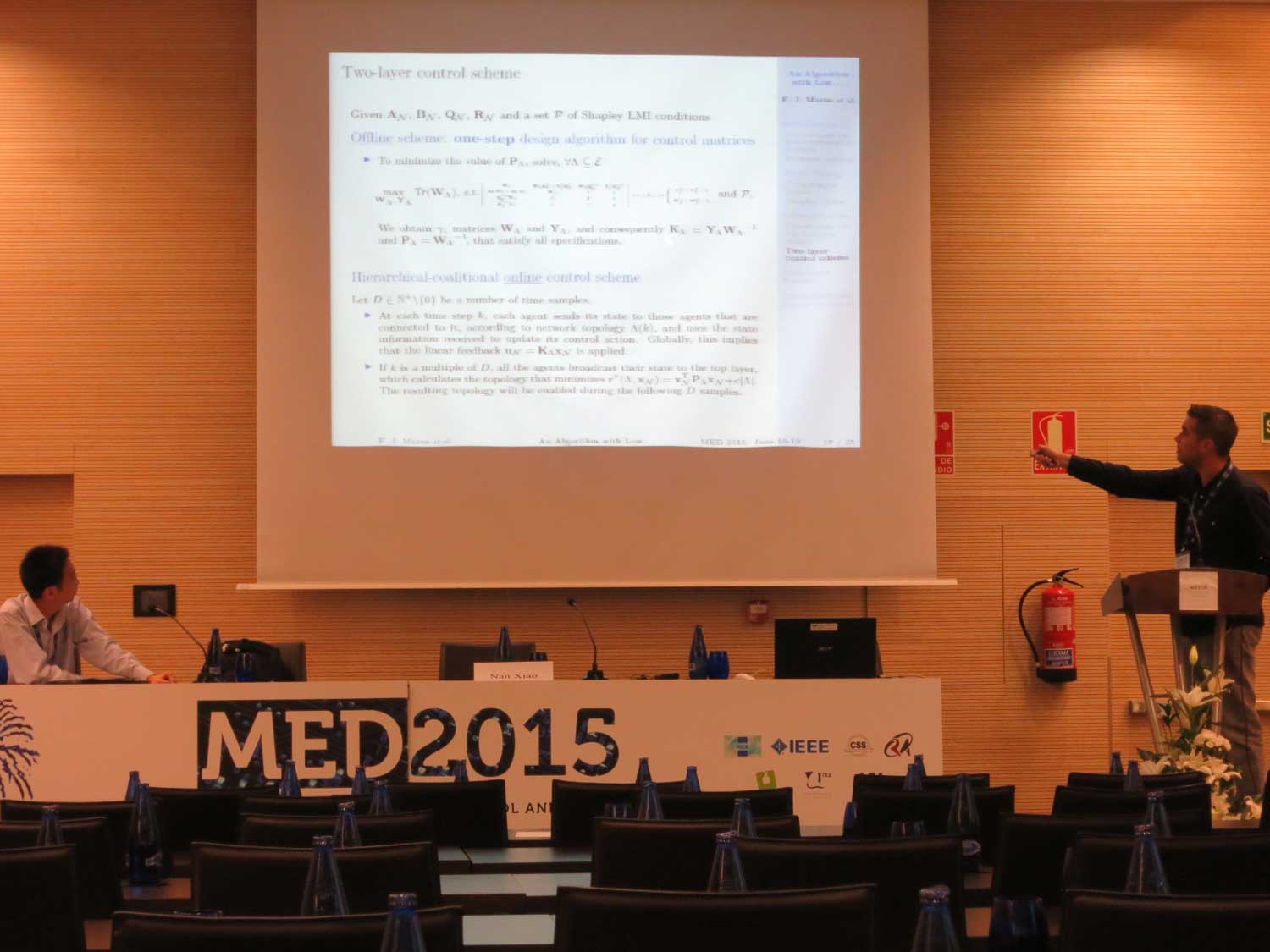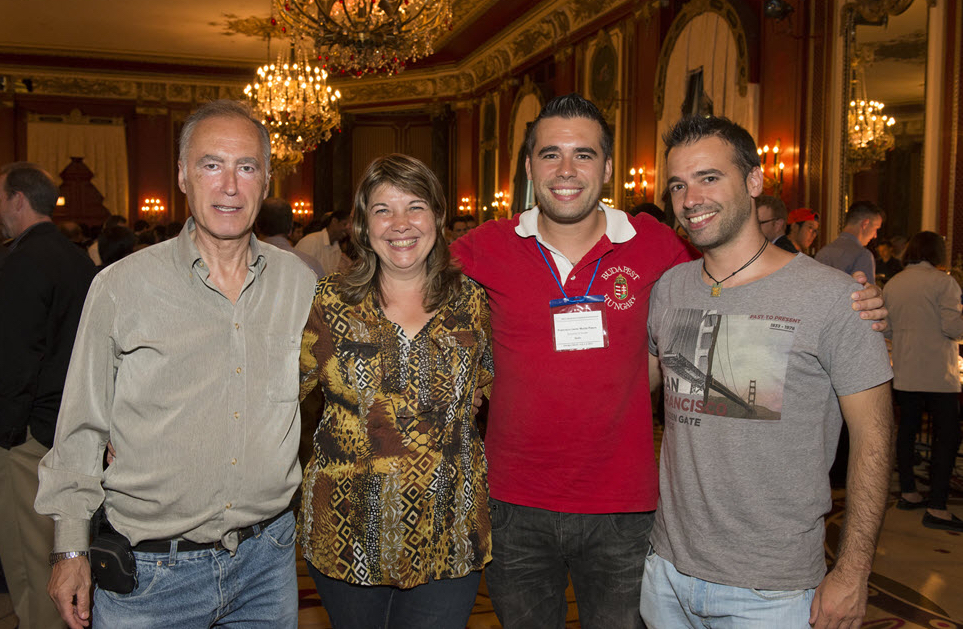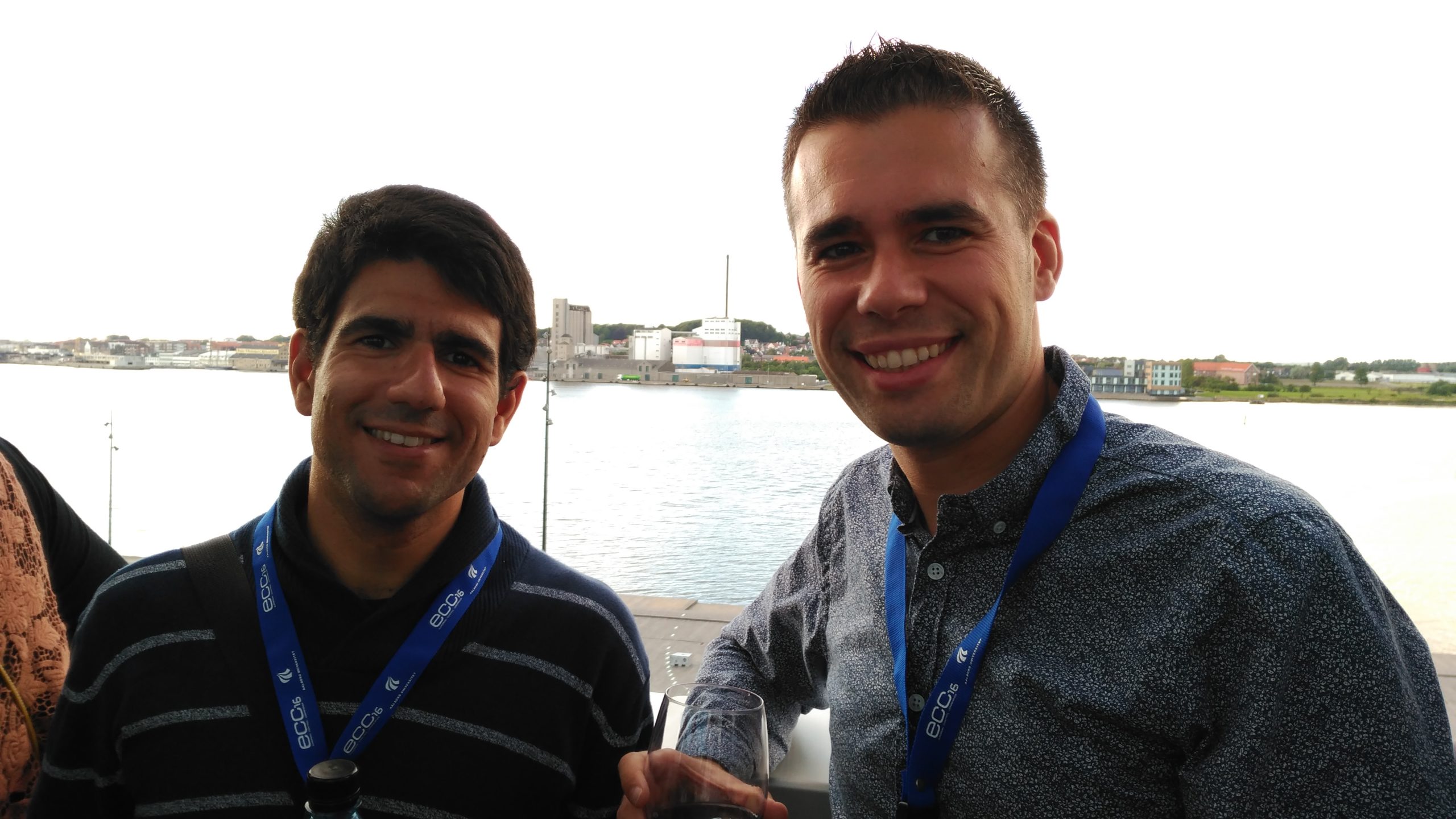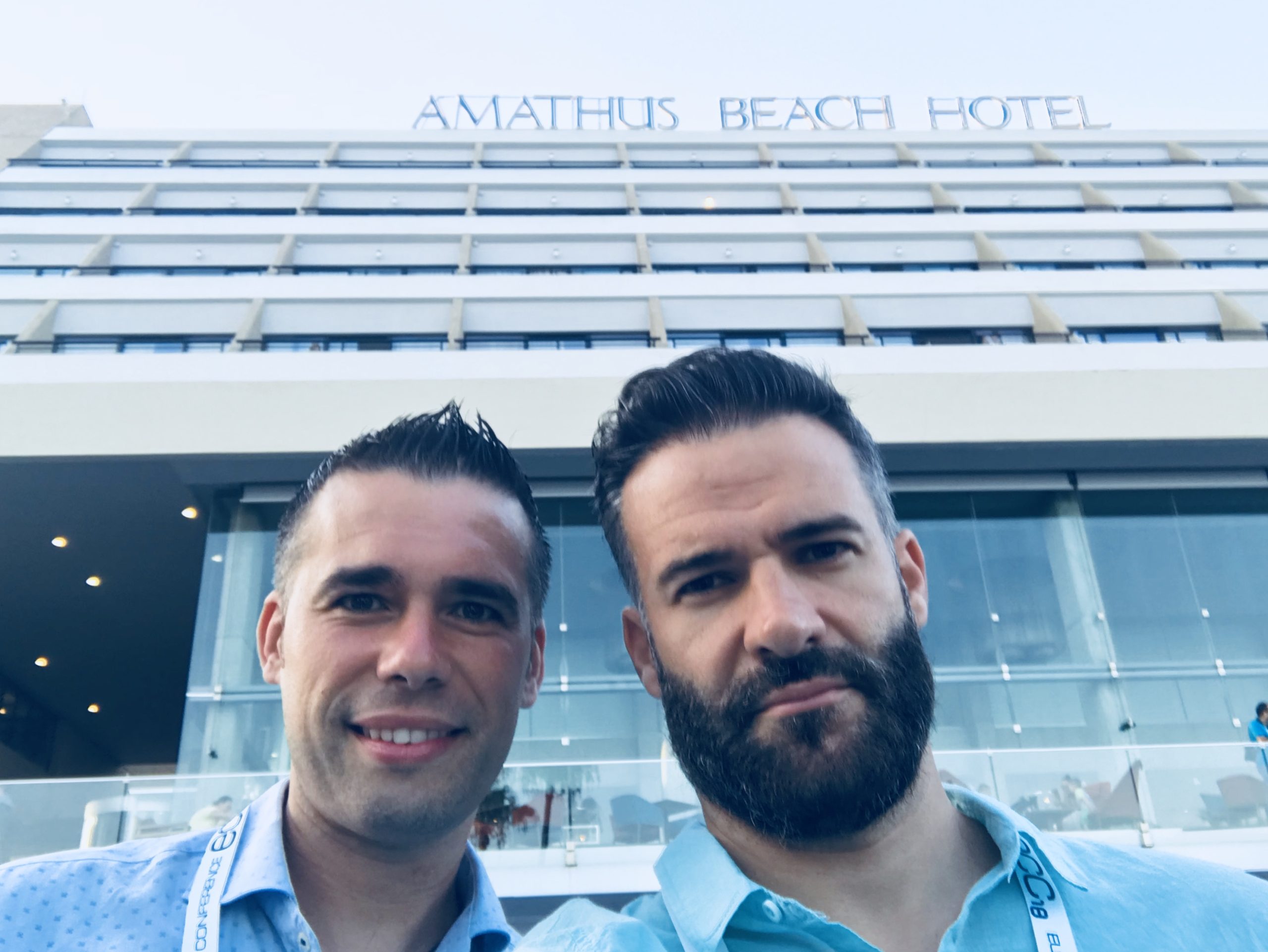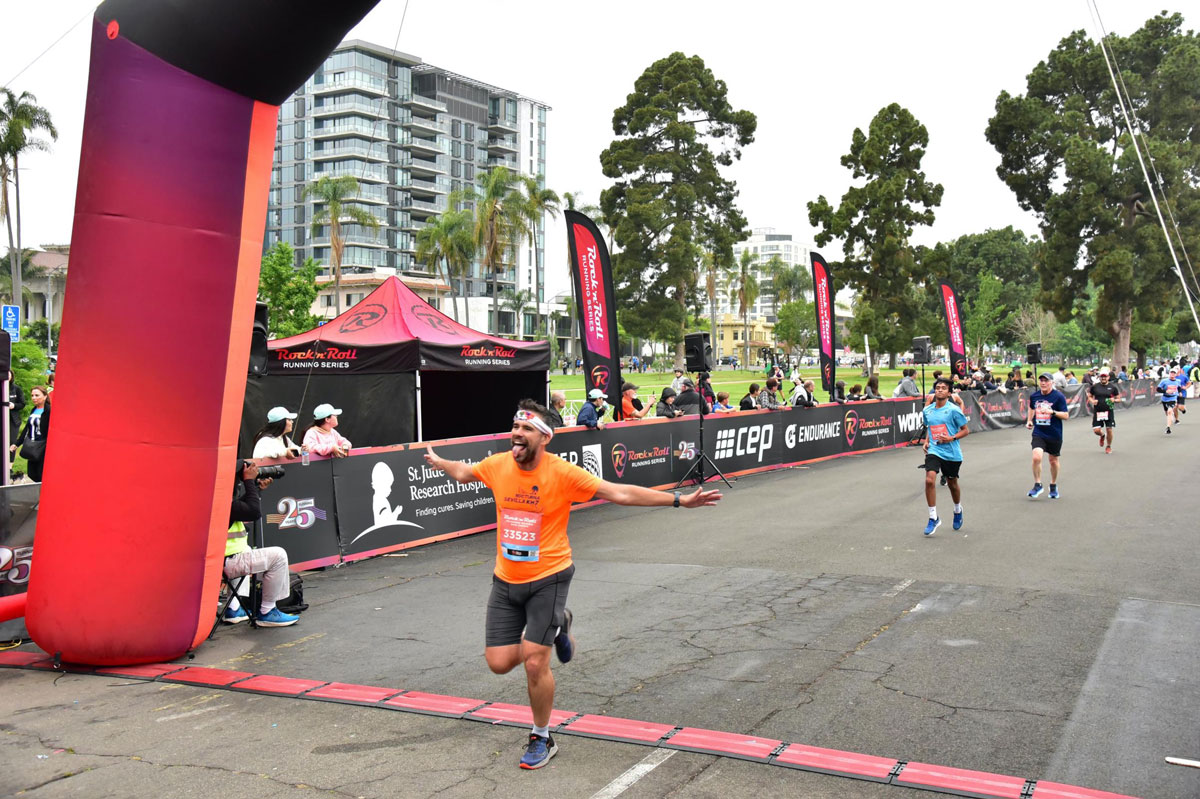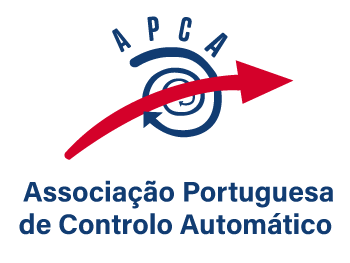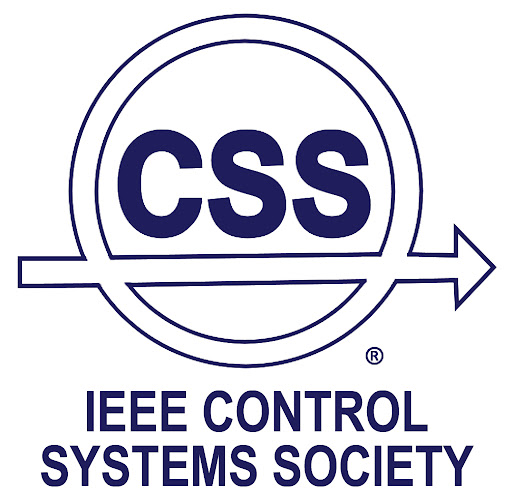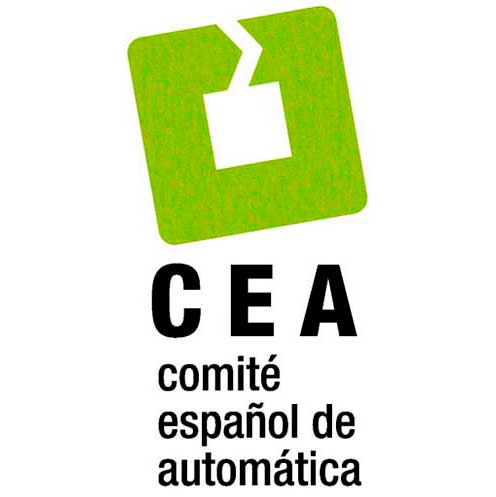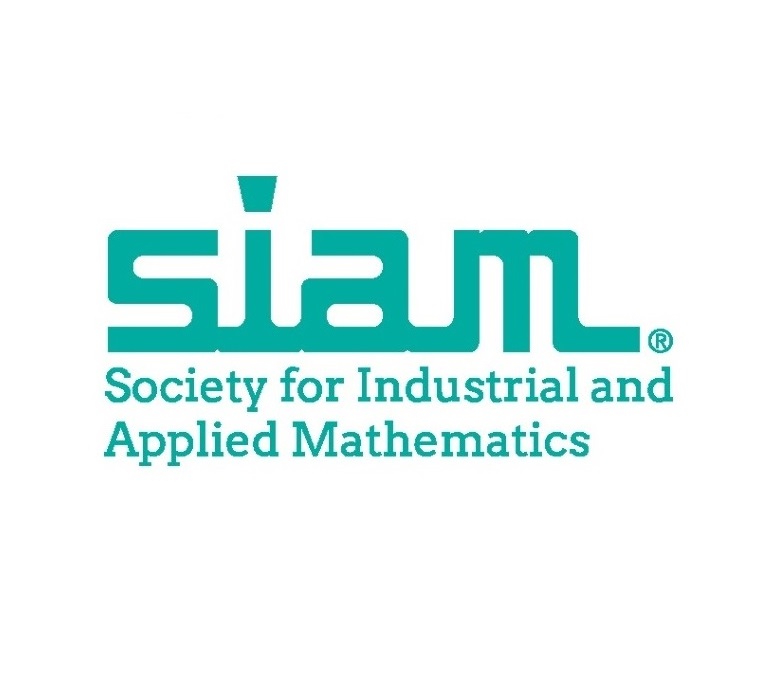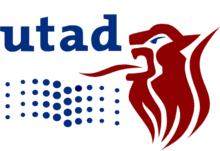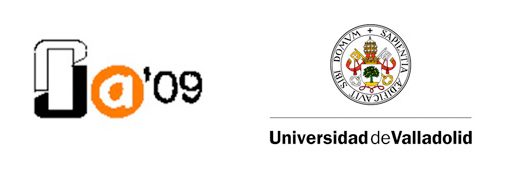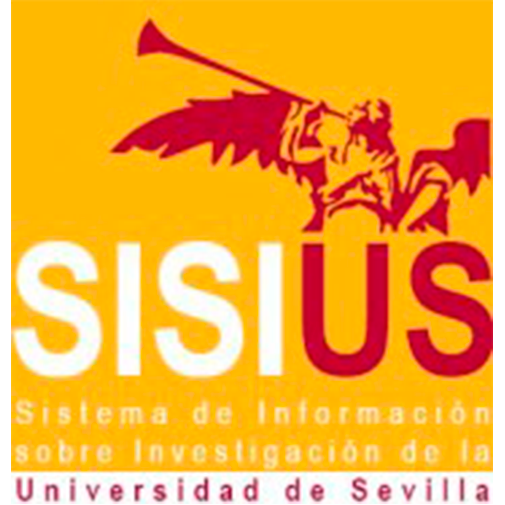Artículos de Congreso
Un artículo de congreso va más allá de la mera publicación, pues se asocia a un evento típicamente de 3-5 días en una localización concreta, donde se reúnen expertos de la comunidad científica internacional de un cierto campo de estudio. Por tanto, es una oportunidad espléndida de hacer networking con nuevos colegas que pueda derivar en colaboraciones futuras, además de permitirnos conocer mundo. Parafraseando a un buen amigo, si los artículos de revista fueran discos de estudio, los de congreso se podrían considerar conciertos en vivo. De hecho, suelen llevar asociada la realización de una presentación del trabajo, que ayuda a coger experiencia en la exposición y comprensión/respuesta de preguntas, muy útil en la formación de futuros doctores. Indudablemente, el peso contributivo lo tienen los artículos de revista, así que es importante balancear inteligentemente las aportaciones de congreso y revista en las que se participa, siendo lo ideal una publicación preliminar de congreso que culmine con una publicación más desarrollada en revista.
Congresos
Internacionales
Centrándonos en mi área de interés, el Control Automático, existen 4 grandes congresos a nivel mundial, organizados por las asociaciones más punteras del sector, en concreto se trata del Conference on Decision and Control (IEEE), IFAC World Congress (IFAC), American Control Conference (AACC) y European Control Conference (EUCA). Más allá de este “Big-four”, existe un amplio abanico de congresos internacionales de menor calibre que permiten ir adquiriendo experiencia en el sector. Los destinos de los congresos internacionales en los que tengo publicaciones aparecen detallados en el siguiente mapa, donde se incluyen otros desplazamientos relacionados con el mundo académico como estancias o workshops.
- Gira el móvil para poder ver mejor el mapa

- Congresos asistidos
- Congresos no asistidos
- Estancia predoctoral
- Workshops
- Congresos asistidos
- Congresos no asistidos
- Estancia predoctoral
- Workshops
Stability, Bifurcations and Response Analysis of Time Delay Control System with Initial Conditions and Saturation Effects
F. J. Muros, F. M. Fernandez-Gomez
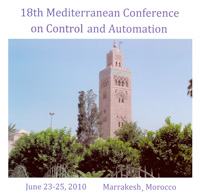


Proceedings of the 18th Mediterranean Conference on Control and Automation, Marrakech, Morocco, pp. 987–992![]()
Automatic Design of Nonlinear Controllers by means of Coevolutive Algorithms: Application to an Inverted Pendulum
F. M. Fernandez-Gomez, F. J. Muros
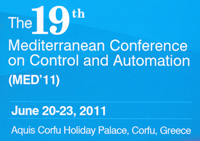

Proceedings of the 19th Mediterranean Conference on Control and Automation, Corfu, Greece, pp. 552–557![]()
Coalitional Control: An Irrigation Canal Case Study
F. Fele, J. M. Maestre, F. J. Muros, E. F. Camacho
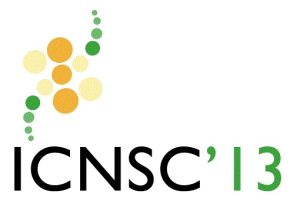
Proceedings of the 10th International Conference on Networking, Sensing and Control, Paris-Evry, France, pp. 759–764![]()
Constraints on the Shapley Value for a Coalitional Control System
F. J. Muros, J. M. Maestre, E. Algaba, T. Alamo, E. F. Camacho
![]()
Proceedings of the 13th European Control Conference, Strasbourg, France, pp. 1223–1228![]()
An Iterative Design Method for Coalitional Control Networks with Constraints on the Shapley Value
F. J. Muros, J. M. Maestre, E. Algaba, T. Alamo, E. F. Camacho
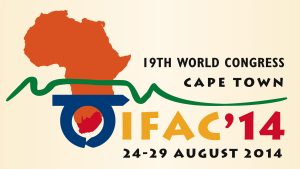
Proceedings of the 19th IFAC World Congress, Cape Town, South Africa, pp. 1188–1193![]()
An Algorithm with Low Computational Requirements to Constrain the Shapley Value in Coalitional Networks
F. J. Muros, J. M. Maestre, E. Algaba, T. Alamo, E. F. Camacho
![]()
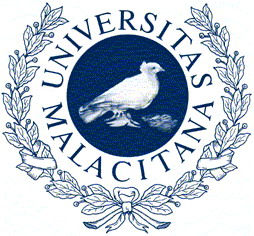
Proceedings of the 23rd Mediterranean Conference on Control and Automation, Torremolinos, Spain, pp. 1119–1124![]()
An Application of the Shapley Value to Perform System Partitioning
F. J. Muros, J. M. Maestre, E. Algaba, C. Ocampo-Martinez, E. F. Camacho
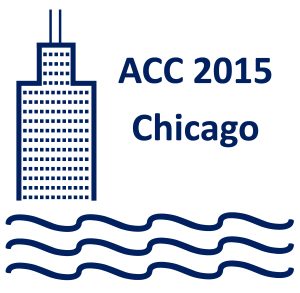
Proceedings of the 33rd American Control Conference, Chicago, Illinois, USA, pp. 2143–2148![]()
An Assessment of Coalitional Control in Water Systems
J. M. Maestre, F. J. Muros, F. Fele, E. F. Camacho
![]()
Proceedings of the 14th European Control Conference, Linz, Austria, pp. 3291–3296![]()
Cooperative Game Theory Tools to Detect Critical Nodes in Distributed Control Systems
F. J. Muros, E. Algaba, J. M. Maestre, E. F. Camacho
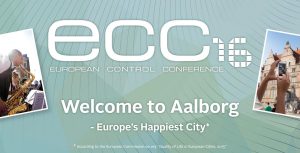
Proceedings of the 15th European Control Conference, Aalborg, Denmark, pp. 190–195![]()
Model Predictive Control for Optimal Treatment in a Spatial Cancer Game
F. J. Muros, J. M. Maestre, L. You, K. Staňková

Proceedings of the 56th Conference on Decision and Control, Melbourne, Australia, pp. 5539–5544![]()
Partitioning of Large-Scale Systems using Game-Theoretic Coalitional Methods
F. J. Muros, J. M. Maestre, C. Ocampo-Martinez, E. Algaba, E. F. Camacho
![]()
Proceedings of the 16th European Control Conference, Limassol, Cyprus, pp. 2517–2522![]()
An Application of the Logarithmic Mean Divisia Index Method for Predictive Control Schemes in a Power Flow Network
J. M. Maestre, P. Velarde, F. J. Muros
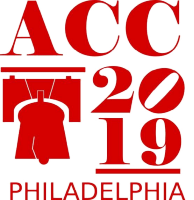
Proceedings of the 37th American Control Conference, Philadelphia, Pennsylvania, USA, pp. 3243–3248![]()
A Coalitional Control Scheme with Topology-Switchings Convexity Guarantees
P. Chanfreut, J. M. Maestre, F. J. Muros, E. F. Camacho
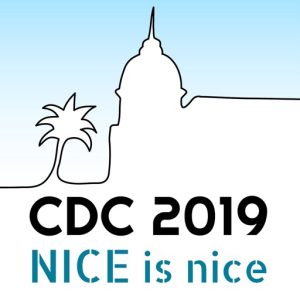
Proceedings of the 58th Conference on Decision and Control (CDC), Nice, France, pp. 1096–1101![]()
An LMI-Based Design Method for Modular Observers
J. G. Martin, F. J. Muros, E. Masero, E. F. Camacho, J. M. Maestre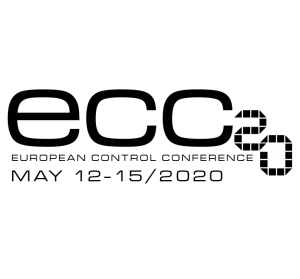
Proceedings of the 18th European Control Conference, Saint Petersburg, Russia, pp. 1514–1519![]()
![]()
An LMI-Based Approach for Semivalues Constraints in Coalitional Feedback Control
F. J. Muros, J. M. Maestre
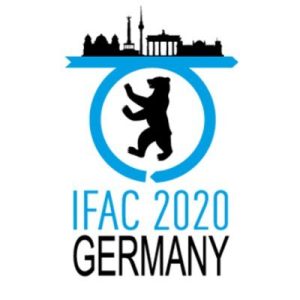
Proceedings of the 21st IFAC World Congress, Berlin, Germany, pp. 3892–3897![]()
![]()
Efficient Design of Fault Detection Architectures for Power Networks by Using Game Theory
D. Saracho, F. J. Muros, J. M. Maestre

Proceedings of the 21st IFAC World Congress, Berlin, Germany, pp. 13638–13643![]()
![]()
A Modular Feedback Approach for Distributed Control
F. Lopez-Rodriguez, J. M. Maestre, F. J. Muros, E. F. Camacho

Proceedings of the 21st IFAC World Congress, Berlin, Germany, pp. 4020–4025![]()
![]()
Multi-Scenario Tube-Based Model Predictive Control for Irrigation Canals with Human Interventions
F. Lopez-Rodriguez, F. J. Muros, K. Shahverdi, J. M. Maestre
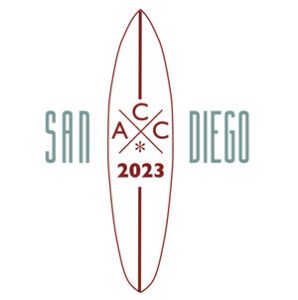
Proceedings of the 41st American Control Conference, San Diego, California, USA, pp. 3927-3932![]()
Congresos
Nacionales
El congreso nacional de control automático por excelencia son las llamadas Jornadas de Automática, organizadas anualmente desde 1977 por el Comité Español de Automática (CEA) en colaboración con una universidad del territorio español. Las jornadas se caracterizan por un ambiente ameno y cordial, que permite a los investigadores jóvenes introducirse de forma amable en el campo de la automática, y compartir experiencias con eminencias nacionales del sector. A diferencia de otros congresos, en lugar de una presentación del trabajo se requiere la preparación de un póster con los resultados más relevantes de la investigación, que se expone durante los días de duración del congreso.
Panorámica Actual sobre Aplicaciones de Redes Neuronales Backpropagation
F. J. Muros, D. Saracho
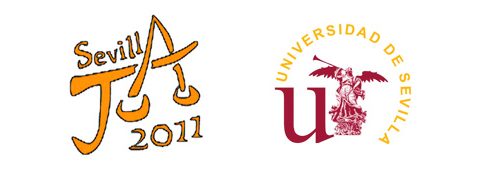
Actas de las XXXII Jornadas de Automática, Sevilla, CD-ROM, 8 págs.![]()

